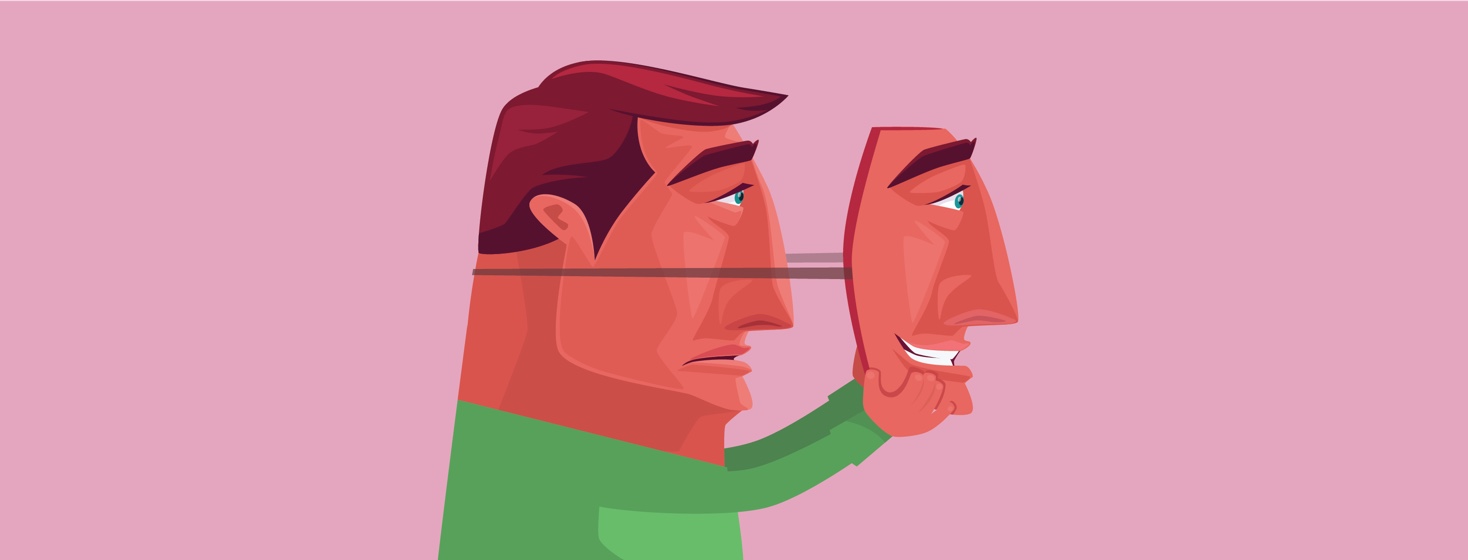Isolation
When I talk about isolation, I want to be clear: I am talking about isolation in the sense of a feeling. I am not suggesting any blame be placed. I am not suggesting that anyone failed me or that anyone did anything to isolate me. That said, cancer has been the most isolating thing I have ever experience.
The only "acceptable" emotion was anger
I was raised in an era that made it shameful for boys to cry. When “Don't be a sissy” was not only an expected response but an acceptable response to a boy or a man showing any emotion other than anger. When we cut ourselves, we rubbed dirt in it. We were taught from the earliest age that the only acceptable emotion for a man was anger, that anything else was feminine, and feminine was weak.
I was completely unprepared
What all that teaching meant to me was that I was completely and utterly unprepared for the emotional side of cancer. It meant that I had no idea what to do with vulnerability. No infrastructure that I could turn to for support with fear, anxiety, and facing my own mortality. I had a closet full of masks. The father. The husband. The Biker. The boss. I even had a firefighter mask. What I didn't have was anywhere to hide when all of those failed me.
The cancer was frightening enough, but the real terror was the possibility of letting down the people who depend on me. This is where the isolation started. All of those masks that I mentioned earlier had to be supported. All of them require strength, rock-solid, unwavering strength. There was nowhere in my life where vulnerability could exist, much less being comfortable asking for support.
Again, let me stress this was no one's fault per se. If anything, it is a generational, societal reality (at least in my world…your mileage may vary).
I isolated myself
What all of this meant for me was that I isolated myself. Not physically, but emotionally. Emotionally I did not feel comfortable or able to be vulnerable about my cancer and the fear that came along with it. I did my best to be stoic. By and large, I did what men do: I took all of my emotions and all of my fears and all of my vulnerability, and I stuffed them in a sack and buried them, the body of an enemy I never wanted found.
The emotional wound
So here I sit, 13 years a survivor, with tears streaming down my face writing this article. This is hard for me to admit, but outside of this writing, I still have not found an effective way to communicate the wound that cancer has caused me. Physically, you could never tell that I had cancer. The damage that cancer has done to me is emotional and hidden from view. It is the knot in my stomach every time I hear of someone having cancer. It is the overwhelming sense of dread a month before my annual scope and the month after when I am so emotionally drained I struggle to function.
I thought I was hiding my fear well
We have raised three kids in a home with one bathroom. Three males and two ladies. This means that there are times when a pee cup in the garage is the difference between laundry and laughter. I thought I hid my fear pretty well until the day I was working in the garage with my youngest and had to use the cup. He asked me, “Are you ever going to stop looking for blood when you pee?” I just stood there. What could I say? I put on my best dad mask and said, “You wanna look for me?” He was young enough to laugh and we went back to work.
Those who love us know the truth
I share that story to illustrate the foolishness of hiding your fears and emotions. Those who love us catch the “tells” we think we hide. They love us enough and respect us enough to let us have our delusions. We should love and respect them enough to be vulnerable with them.
Accepting help
The hardest part of writing is seeing where I could have and should have done better. May this encourage you to be open and honest with those near you and to ask for and accept help and support from those you have helped and supported. The greatest gift you can offer them in all of this is accepting their concern and letting them see you trust them with your weaknesses.

Join the conversation